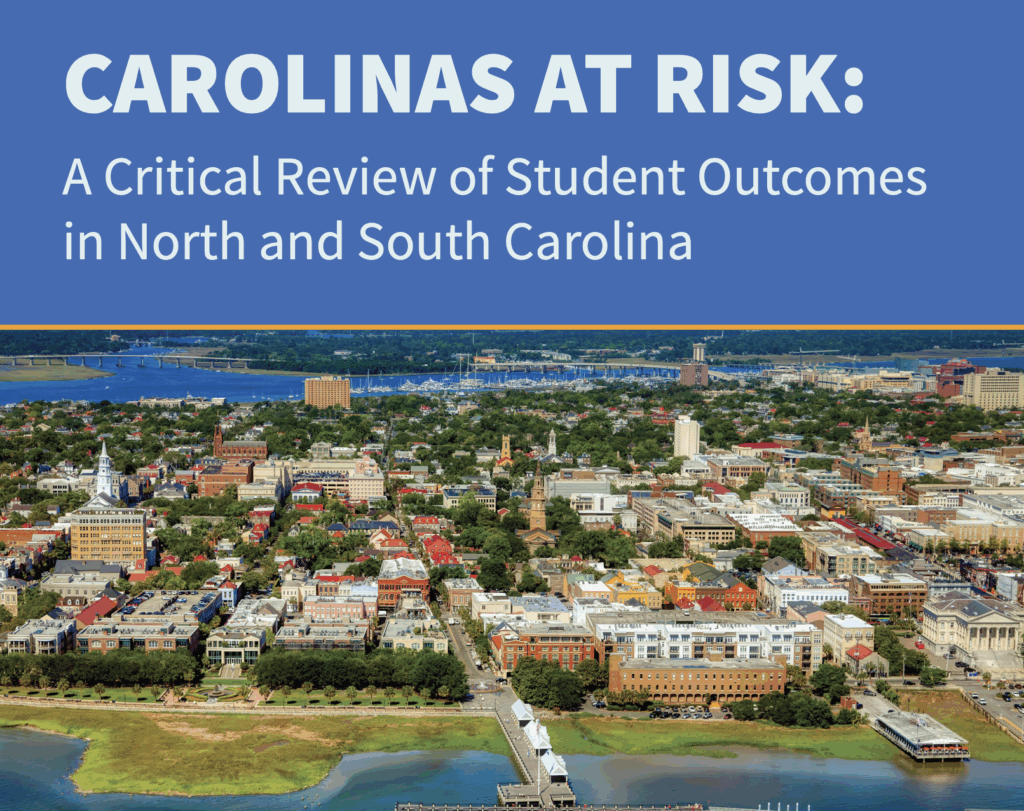More than 40 years ago, the U.S. published a defining study on American public education entitled A Nation at Risk. A product of the Reagan administration, the report revealed a declining education system and a nation in danger of losing its place on the world stage. It issued what now reads as a prophetic warning: a “rising tide of mediocrity” had swept over our school institutions, threatening the pillars of our society.
This tide persists today. In the decades since A Nation at Risk, the problems within our education system have deepened. Extended school closures during and after the COVID-19 pandemic exacerbated the damage and fueled historic learning loss among students. We see the effects clearly in North and South Carolina, where many students continue to struggle to read at grade level, perform basic math, or demonstrate a core understanding of history and civics.
One cannot expect our states to prosper under these circumstances. The challenges of our modern age—from a rapidly evolving job market to intensifying global competition—demand excellence from our schools and place educational improvement as a top priority. Preparing the next generation requires nothing less.
The Aim of this Report
This report follows in the footsteps of A Nation at Risk, this time examining student achievement in the Carolinas. For each state, we present a thorough review of test scores, student performance in key subject areas, and graduation rates measured over time. Using both state and national assessments, the report examines not only how today’s students perform compared with their predecessors, but also how students in each state stack up against their peers across the country.
We conclude with actionable steps that education leaders in North and South Carolina can take to drive meaningful reform. This will require a collaborative effort among state education officials, legislators, school board members, district leaders, and parents themselves. It is our hope that this report will serve as a catalyst for such efforts, keeping school improvement at the forefront of public focus for years to come.
Read the full report here.
***
This report is a collaborative project of Carolinas Academic Leadership Network (CALN), the John Locke Foundation, and the South Carolina Policy Council, with research contributions by the Palmetto Promise Institute.
